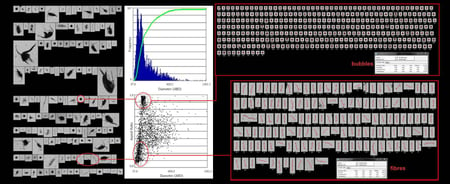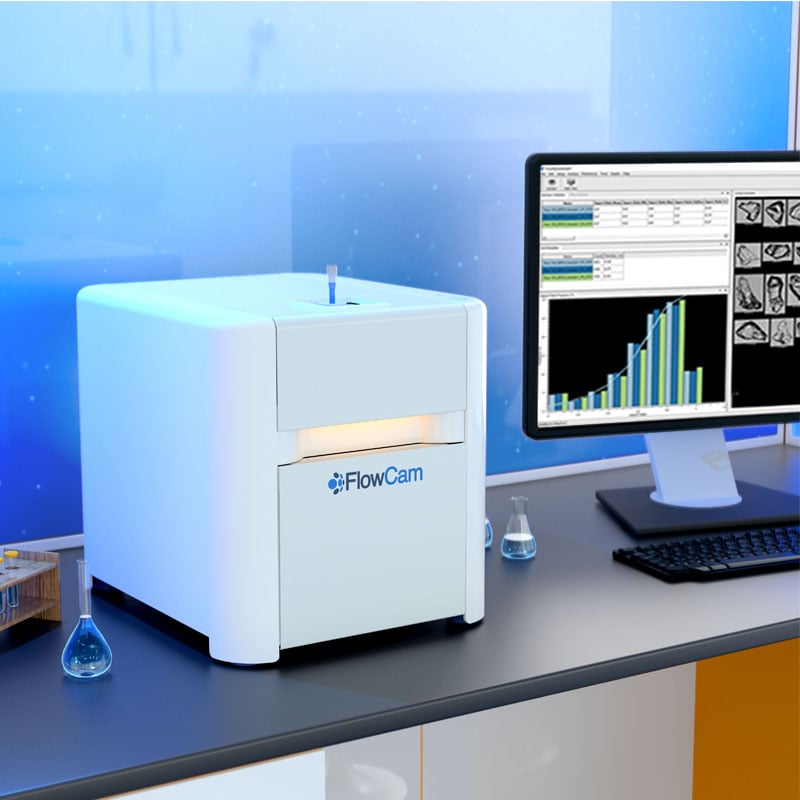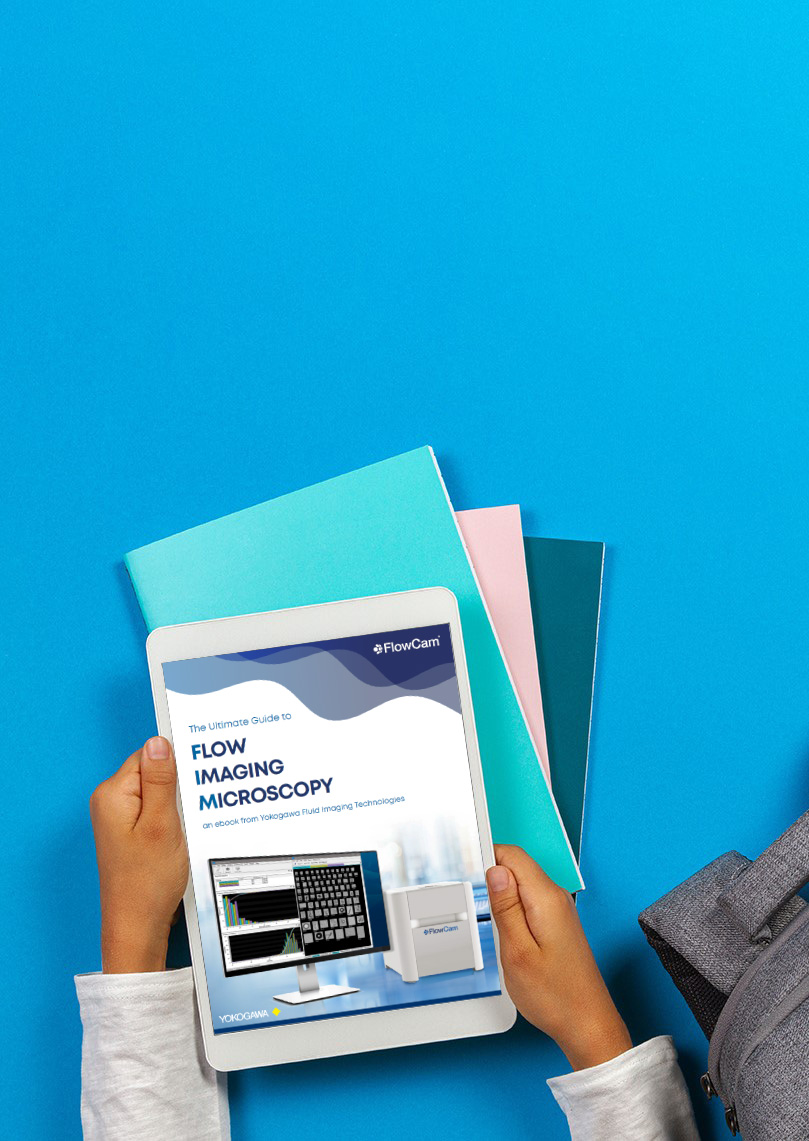
Since 1958, the Sir Alister Hardy Foundation for Ocean Science (SAHFOS) has been observing changes to the foundations of the marine ecosystem by …
Read Post
Explore FlowCam applications in biopharmaceuticals, oceanographic research, water quality monitoring and materials characterization

Check out our ebook, The Ultimate Guide to Flow Imaging Microscopy.

Get in touch with us to discuss the right instrument to meet your needs.
Explore FlowCam technical content, ebooks, case studies, webinars, and videos.

Explore FlowCam applications in biopharmaceuticals, oceanographic research, water quality monitoring and materials characterization
Explore FlowCam technical content, ebooks, case studies, webinars, and videos.


Find supplies and spare parts for your FlowCam instrument or ask for a quote.
Get technical support and application help. Request training or preventative maintenance.
Check out our knowledge base including white papers, application notes, technical notes, and videos.